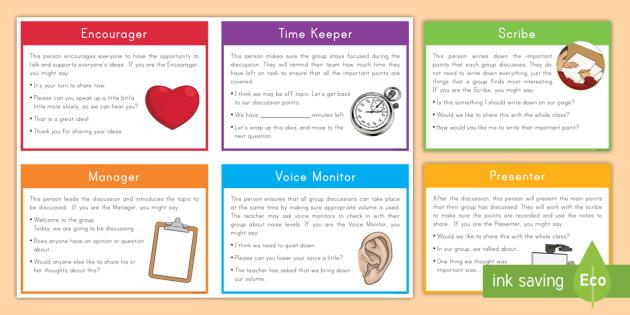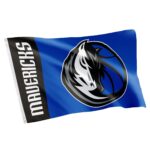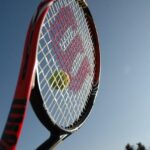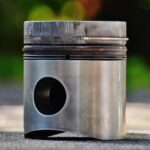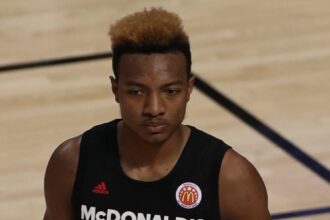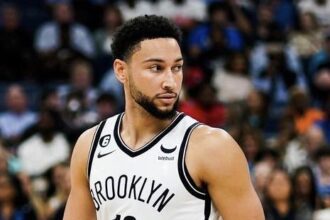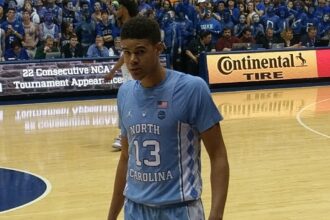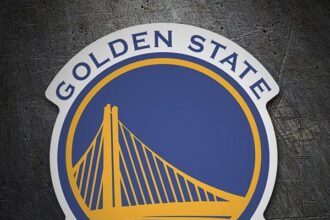In a candid revelation, former NBA star Gilbert Arenas opened up about the challenging conditions he faced during his time with the Washington Wizards, specifically highlighting the team’s notoriously poor “meal situation.” Speaking to Basketball Network, Arenas disclosed that players often went without proper nourishment, sometimes not eating until lunchtime, underscoring the unforeseen difficulties behind the scenes of the franchise. This glimpse into the daily struggles faced by the Wizards’ roster shines a light on the off-court factors that impacted team morale and performance during Arenas’s tenure.
Gilbert Arenas Reveals Struggles with Meal Availability During Wizards Tenure
Gilbert Arenas, reflecting on his years with the Washington Wizards, opened up about the surprisingly difficult conditions players faced regarding meal availability. He described mornings where the team simply “didn’t eat till lunch,” highlighting a level of neglect that many fans wouldn’t associate with a professional NBA franchise. According to Arenas, the lack of accessible meals before games or practices not only affected players’ energy levels but also disrupted their overall preparation and focus.
The issue extended beyond mere timing, encapsulating the team’s broader challenges with nutrition and care during Arenas’ tenure. Players were often left to fend for themselves, scavenging for snacks or relying on scarce and inconsistent food options. This led to a situation where fueling performances became a daily challenge rather than a well-supported routine. The following table summarizes key aspects of the meal situation Arenas described:
| Aspect | Condition |
|---|---|
| Meal Timing | Breakfast often missed; first meal at lunch |
| Meal Quality | Inconsistent, low variety, barely sufficient |
| Player Support | Minimal; players had to manage individually |
| Impact | Low energy, poor preparation, decreased focus |
Inside the Impact of Poor Nutrition on Player Performance and Team Dynamics
Lack of proper nutrition not only saps physical energy but also chips away at mental sharpness-two essentials for peak basketball performance. Gilbert Arenas’s candid revelation about skipping meals until midday highlights a systemic failure that extended beyond individual players to the entire Washington Wizards squad. Fatigue, slow reaction times, and diminished endurance were just the surface effects; underlying all this was the unavoidable toll on team morale and cohesion during grueling practices and high-stakes games.
When athletes fail to fuel adequately, the ripple effects echo through locker rooms and training halls alike. Teams grappling with poor nutrition often experience:
- Frequent energy crashes impacting in-game performance
- Increased risk of injury and slower recovery time
- Heightened irritability undermining communication and trust
- Decreased overall motivation and focus during practice
Below is a snapshot comparison illustrating the contrast in player readiness with and without proper nutrition:
| Performance Metric | Properly Fed Players | Players with Poor Nutrition |
|---|---|---|
| Average Energy Levels | High | Low |
| Reaction Time | Rapid | Delayed |
| Injury Risk | Minimal | Elevated |
| Focus & Concentration | Consistent | Reduced |
Experts Recommend Enhanced Meal Planning to Support Athlete Health and Game Readiness
Nutritionists and sports health experts have raised alarms over the often overlooked component of athlete performance: proper meal timing and composition. In professional basketball, where energy expenditure is immense and recovery windows are brief, skipping or delaying essential meals can lead to decreased stamina, slower cognitive response, and increased injury risk. Experts emphasize that balanced, well-timed meals enriched with complex carbohydrates, lean proteins, and healthy fats are critical in replenishing glycogen stores and supporting muscle repair-especially on game days and during rigorous training periods.
To address these issues, teams are encouraged to implement structured meal plans that include:
- Pre-practice nutrient-dense snacks for sustained energy
- Post-practice recovery meals within 30 minutes to optimize muscle repair
- Hydration protocols integrating electrolyte balance
Research highlights how inconsistent meal patterns disrupt hormonal balance and impair athletic output. The following table summarizes recommended meal timing strategies for peak game-day readiness:
| Meal Timing | Purpose | Suggested Foods |
|---|---|---|
| 2-3 hours before game | Fuel energy stores | Oatmeal, banana, turkey sandwich |
| During game (if applicable) | Maintain hydration & glucose | Sports drinks, energy gels |
| Within 30 minutes post-game | Enhance recovery | Chocolate milk, protein shake |
In Summary
Gilbert Arenas’s candid remarks offer a rare glimpse into the off-court struggles that contributed to the Washington Wizards’ challenges during his tenure. The “meal situation,” as Arenas described it, underscores how even seemingly minor issues can impact player morale and performance. As the Wizards work to build a more competitive and professional environment, lessons from the past serve as a reminder of the importance of comprehensive support for athletes both on and off the court.

